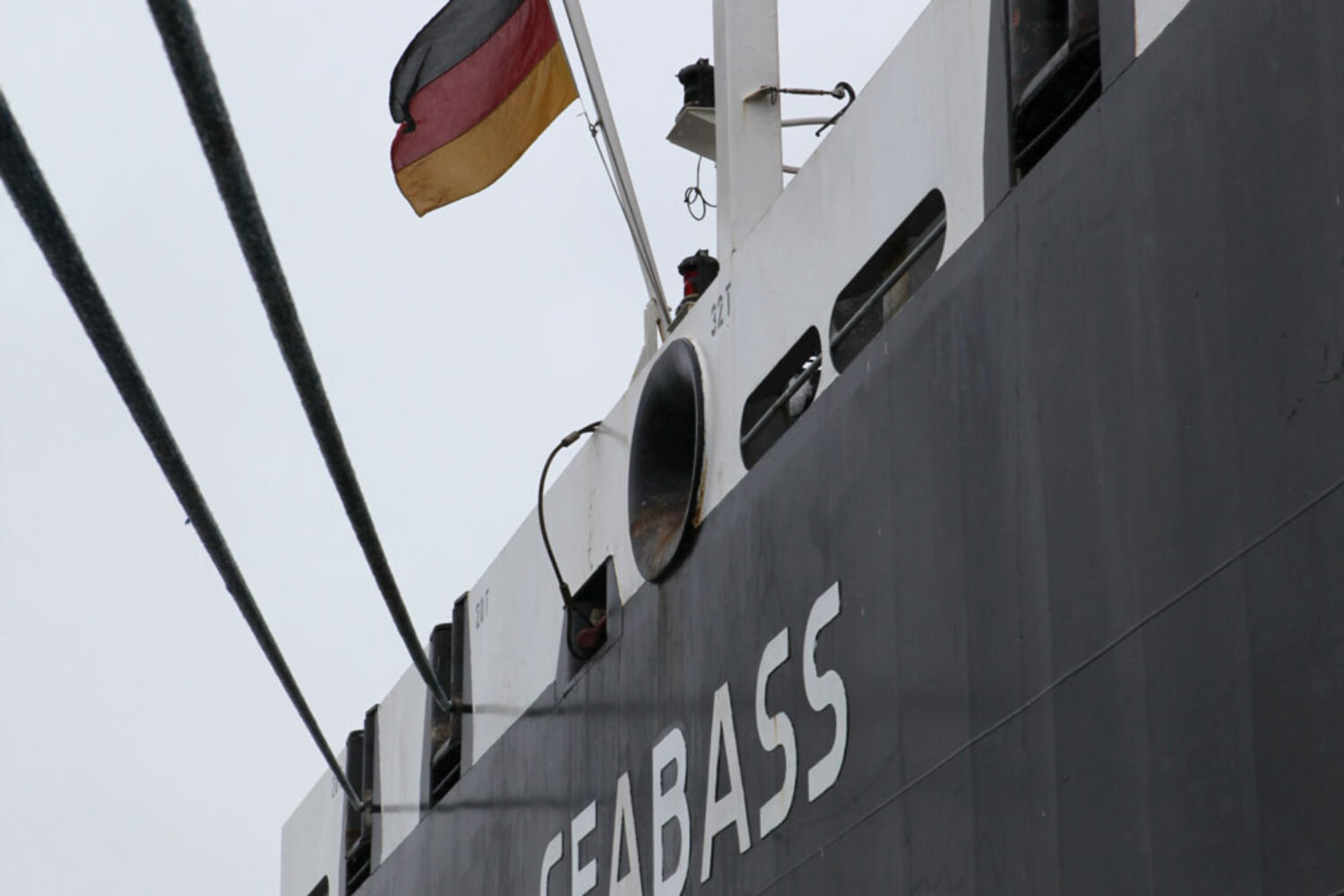Bremen-based shipping company German Tanker is investing in the rejuvenation of its fleet. After ordering four newbuildings last year, two more ships are to follow.
At the end of last year, the shipping company ended a 15-year hiatus and ordered four new product tankers with ice class 1B in China. The order included two options that were recently drawn. “We want and need to modernise the fleet,” Managing Director Ulrich Niebusch told HANSA at the time.
German Tanker ships are getting on in years
The fleet of the shipping company, which was founded 26 years ago, currently comprises 14 product tankers in the Handysize class with capacities ranging from 32,200 dwt to 45,700 dwt. The “Sealing”, the oldest ship, is now 21 years old, while the “Seapike”, the youngest, is 16 years old. The main shipping area is Northwest Europe, but some units also sail worldwide under time charter contracts.
The newbuildings are being built by Xiamen Shipbuilding in China, with Mawei responsible for the technical design. The design comes from FKAB Marine Design in Sweden. The ships will be delivered every three to four months from September 2025.
German Tanker relies on hybrid propulsion
The new chemical and product tankers will have a load capacity of 46,000 tons and a hybrid propulsion system that combines a MAN 4-stroke engine with a shaft generator and a battery pack. According to the information provided, there will be a powerful shore power connection on board, which can be used to operate six cargo pumps simultaneously.
According to Niebusch, the ships will also be delivered from the shipyard as methanol-ready. “This means we can convert to alternative fuels at a later date without any major effort.”
The Bremen-based shipping company considers the prospects in the tanker market and especially in the Handysize segment to be extremely good. Only 2% of the existing fleet is “on order”, and the global fleet will even shrink in the next two years. At the same time, there is a foreseeable shortage of tonnage.
GTS believes that the loss of Russia, which supplied 60% of the diesel consumed in Europe before the outbreak of the war in Ukraine, has lengthened transport routes and increased the demand for ships.













